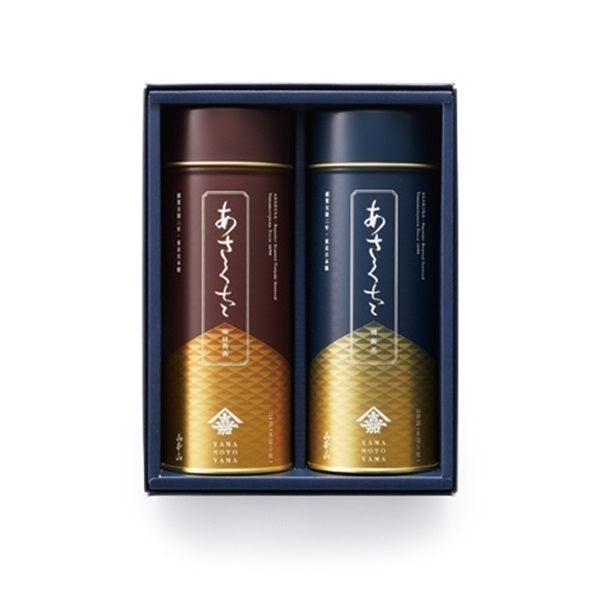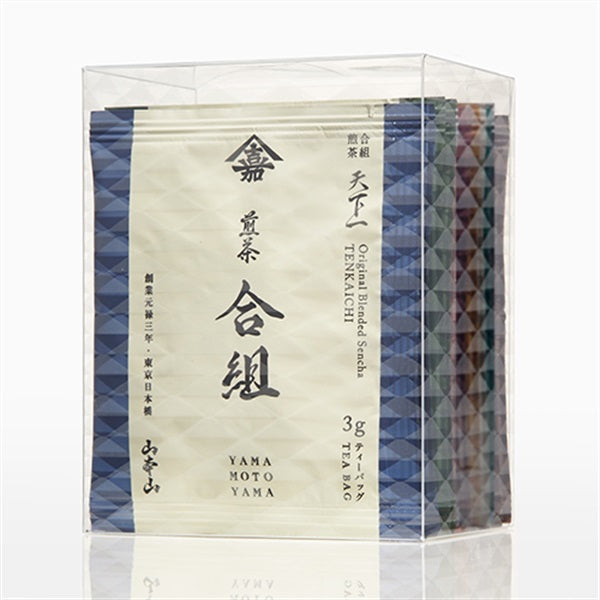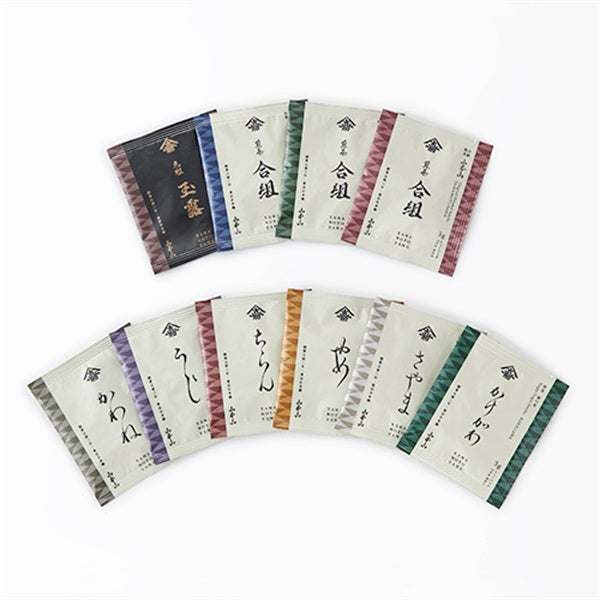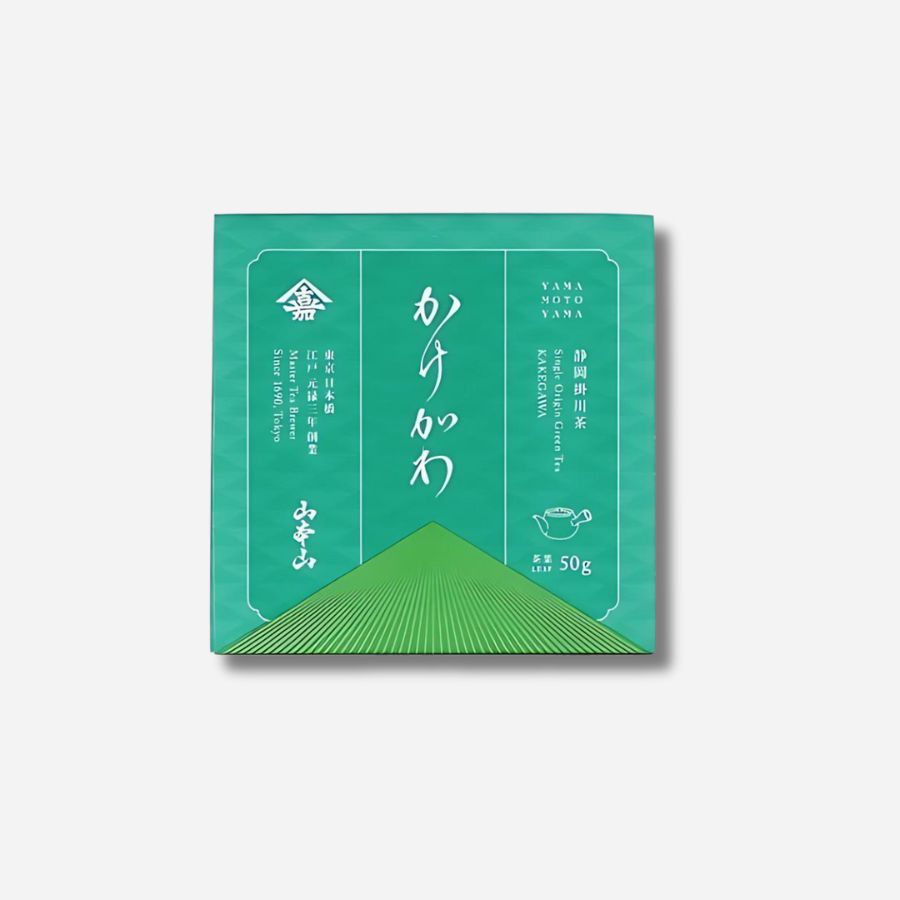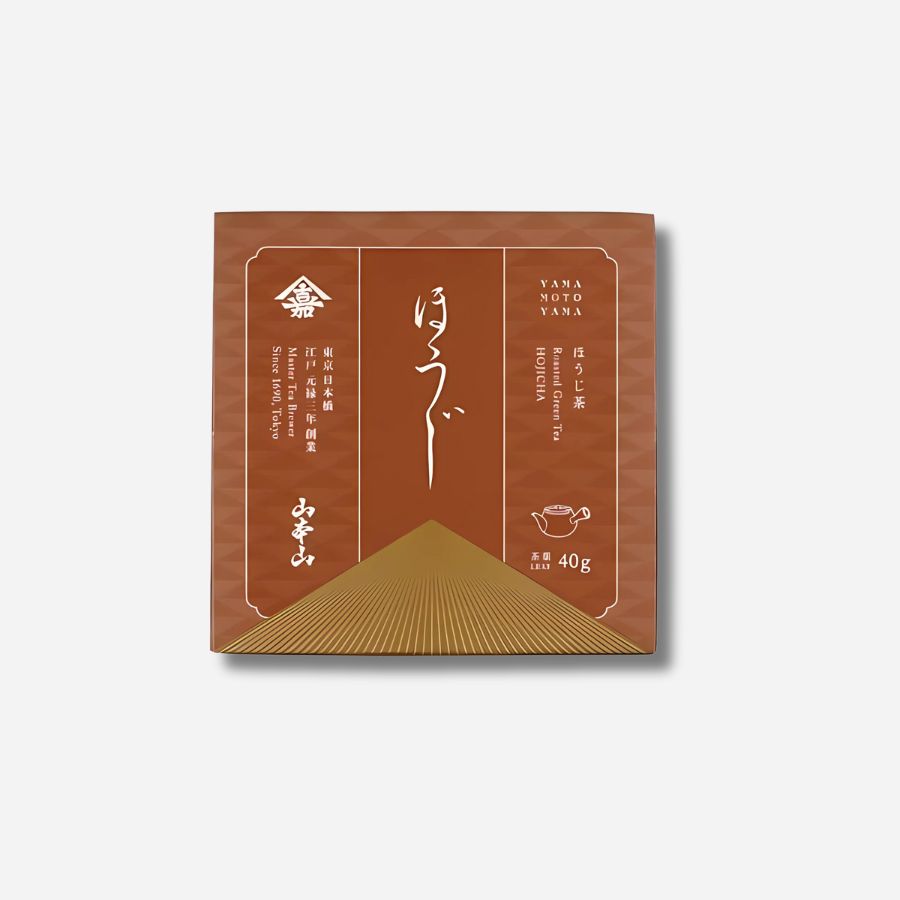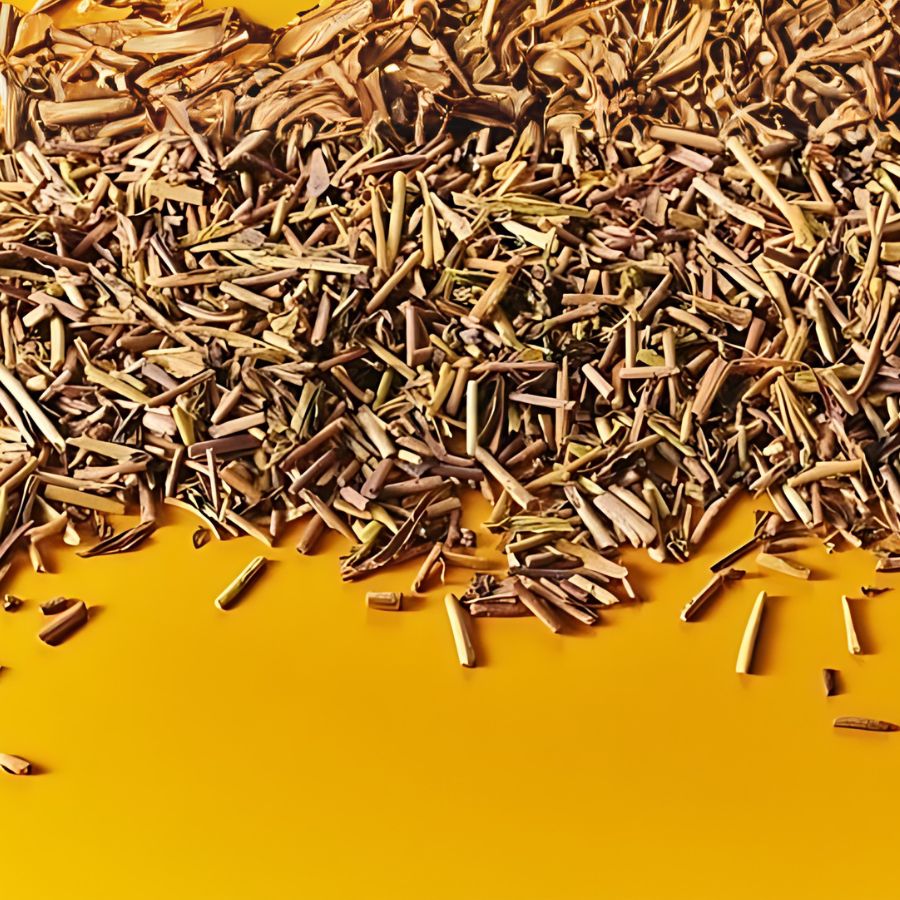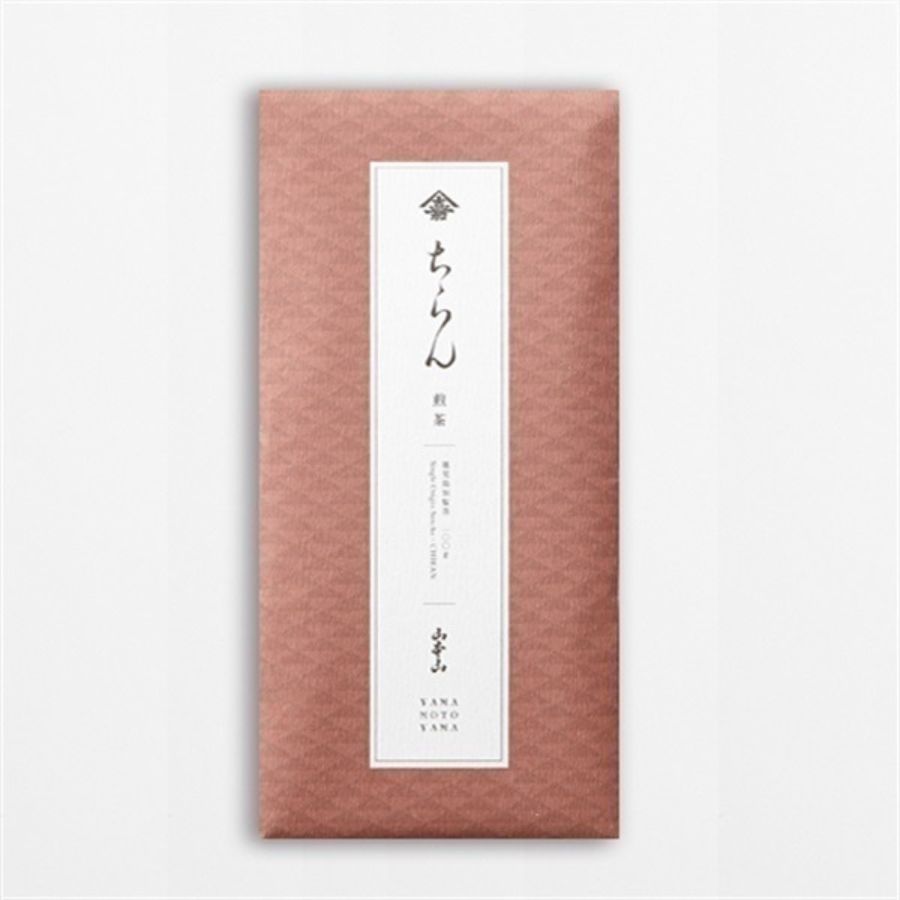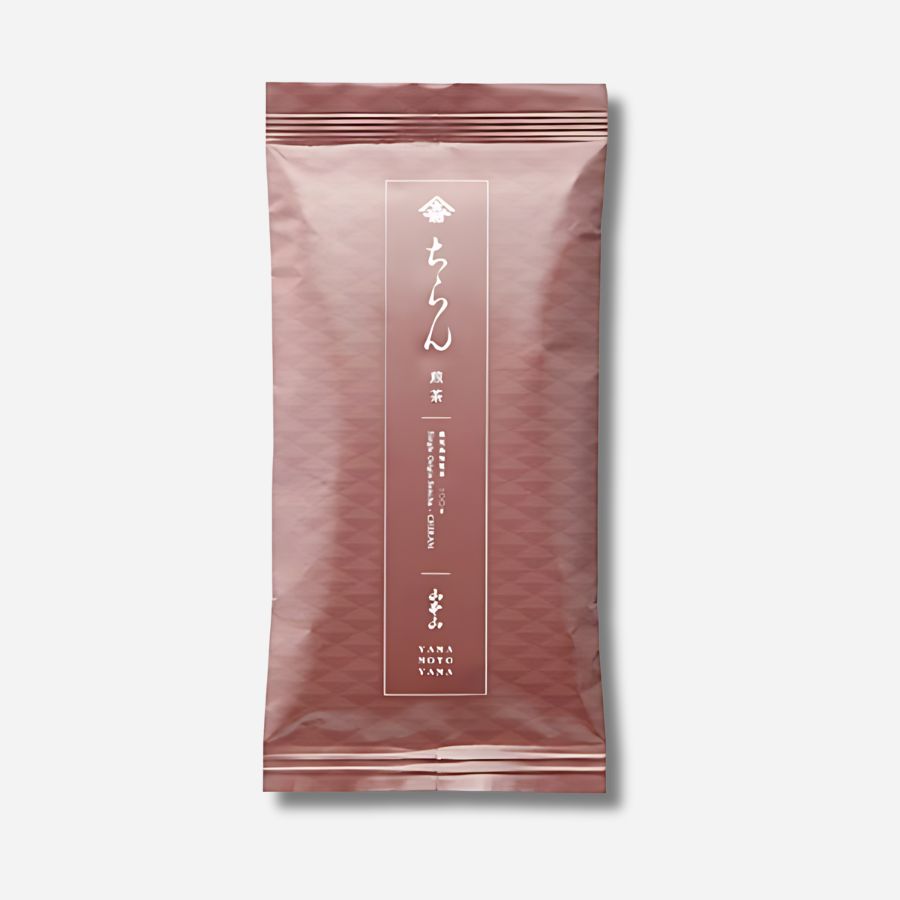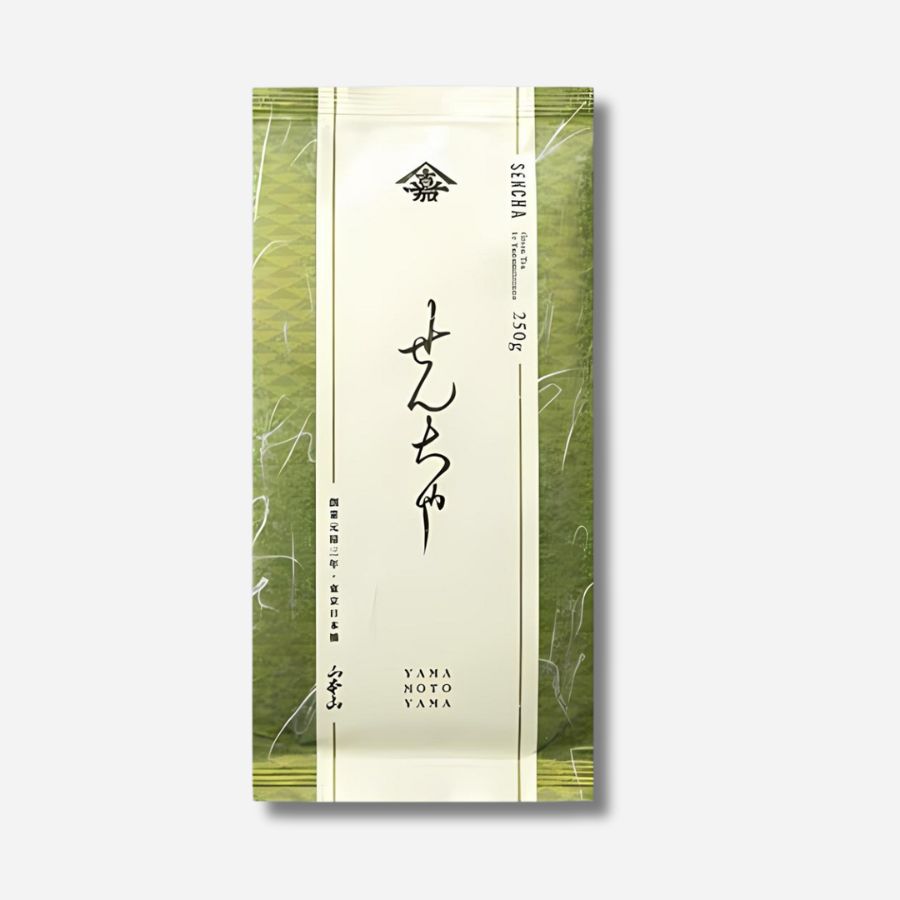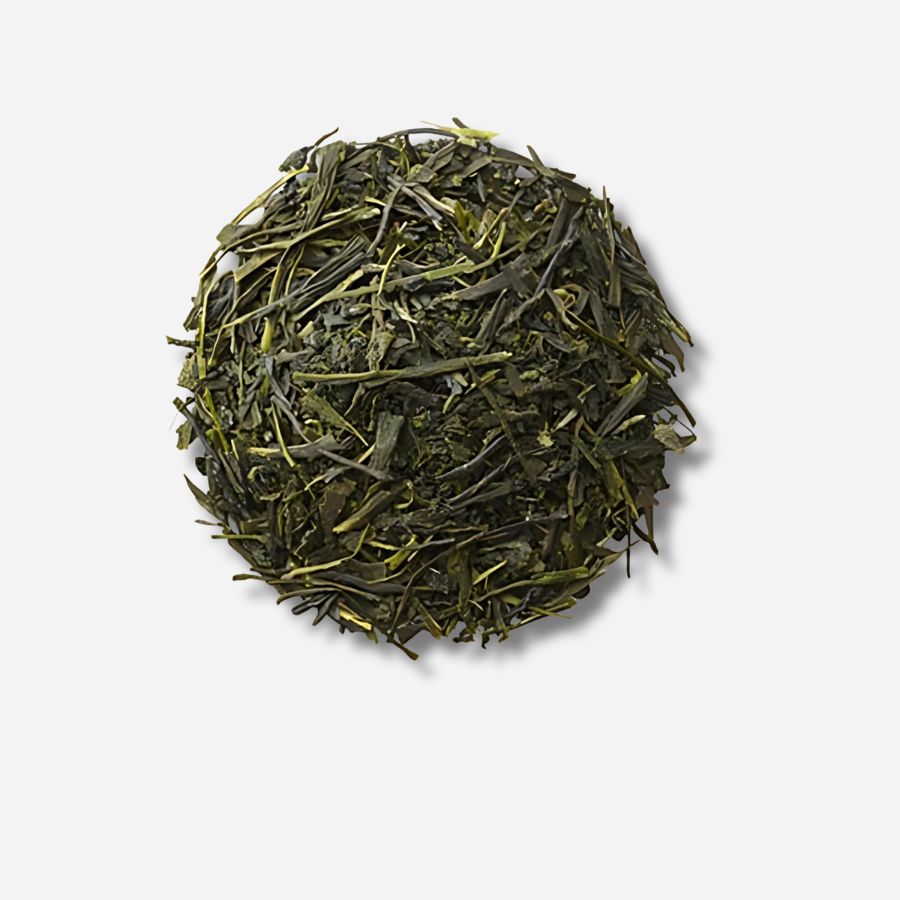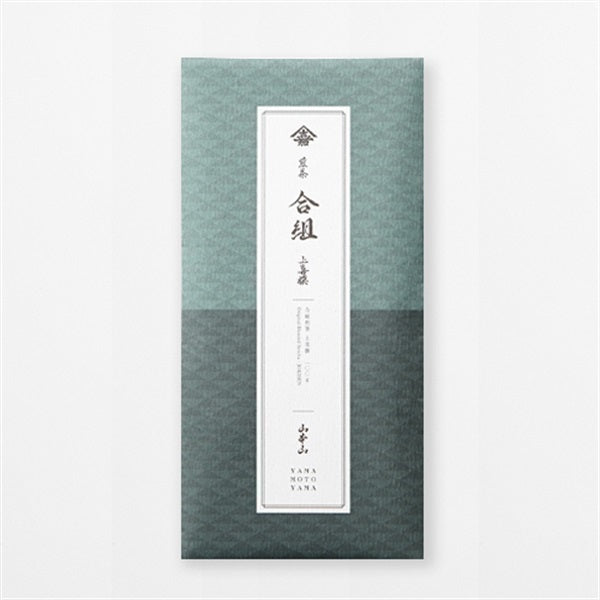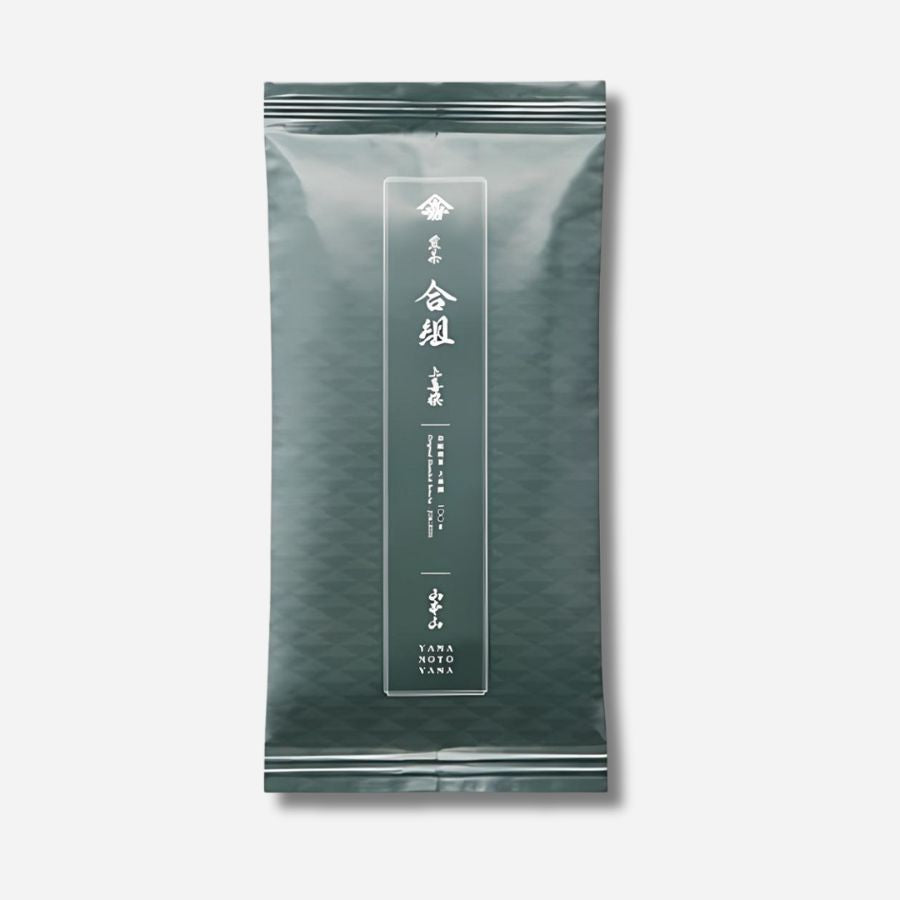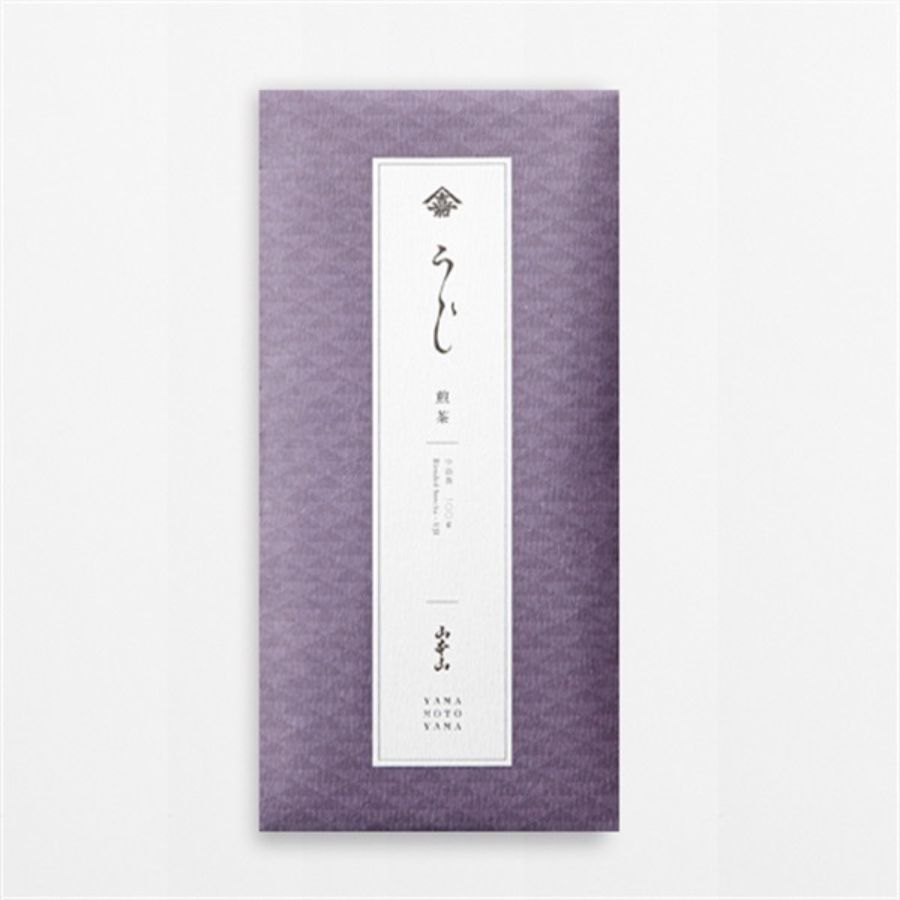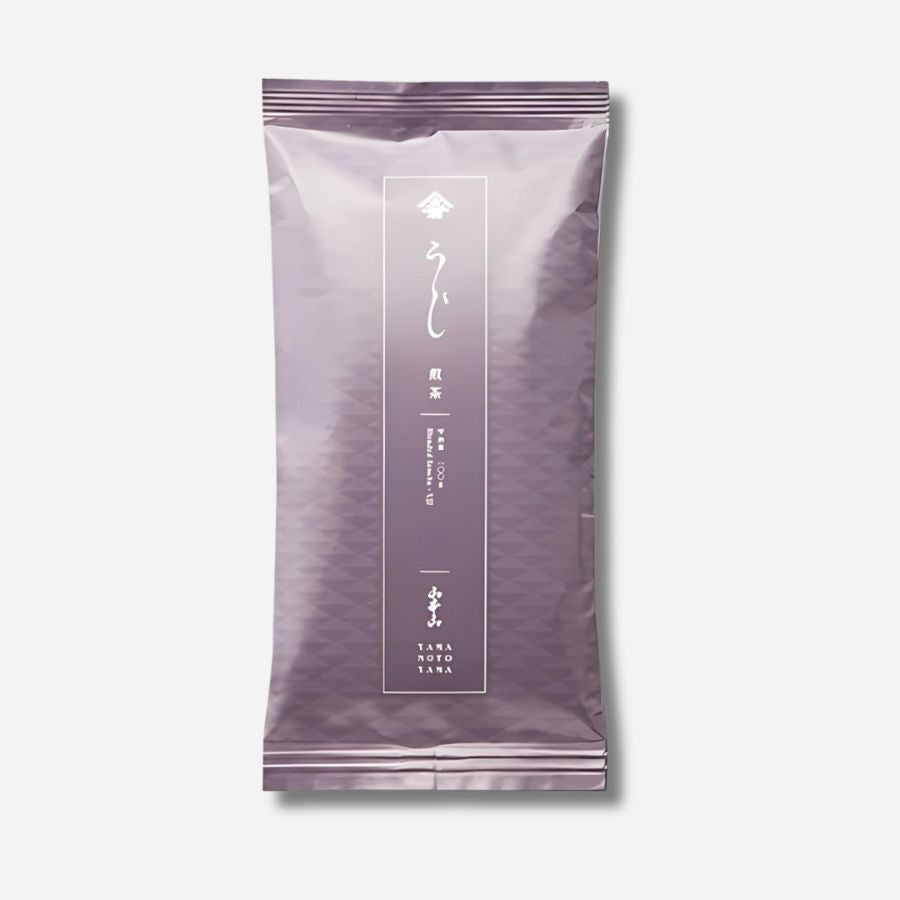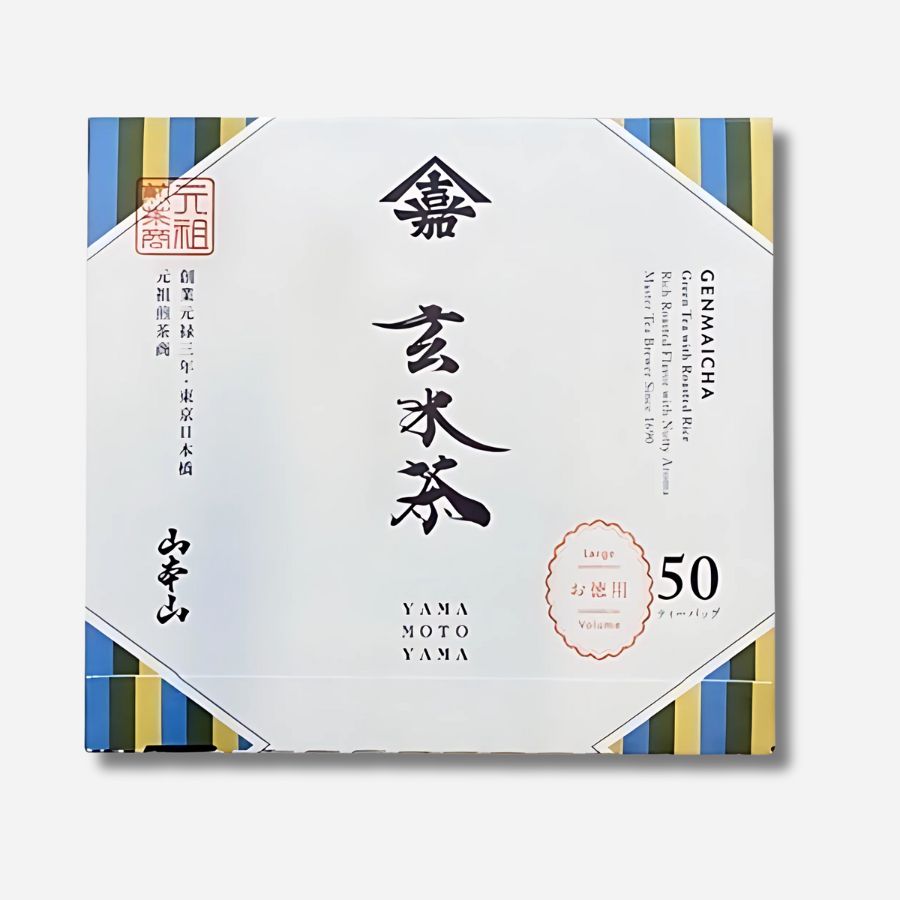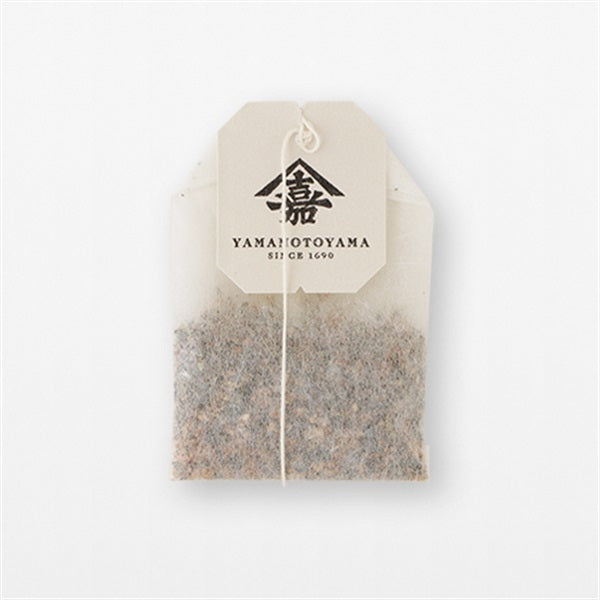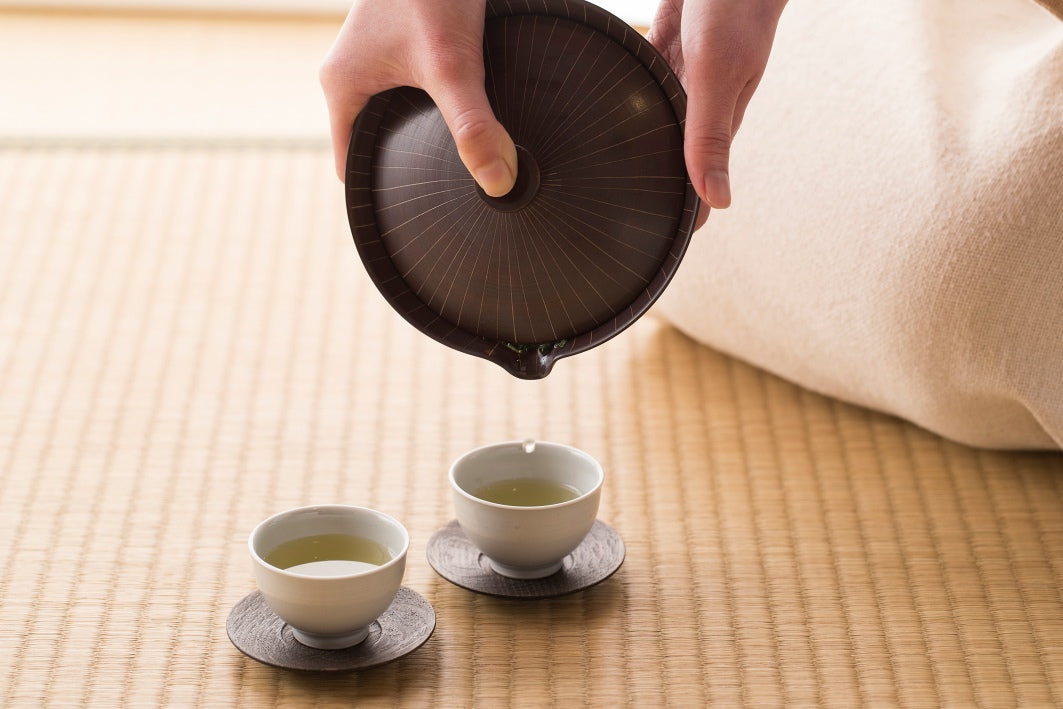
It's not just catechins! What are the three ingredients in tea that are good for your health?
- Introduction
- Catechin is a representative health ingredient
- Health benefits of catechin
- Theanine has a relaxing effect
- Why drinking tea makes you feel relaxed
- The origin of tea drinking and the benefits of caffeine
- Stimulates the central nervous system and improves concentration
- Caffeine's effects peak in 30 minutes!
- The perfect balance of caffeine and theanine
Introduction
Tea is rich in a variety of ingredients that support our health.
These ingredients do not work alone, but rather interact with each other to exert a synergistic effect, bringing about various beneficial effects on our bodies.
This time, we will focus on three main ingredients that support the health benefits of tea and explain them in detail.

Catechin, a representative health component
In 1832, the name "catechin" was first given to a crystal extracted from Acacia catechu, a legume plant that has long been used as a medicine.
After that, from 1929 onwards, researchers including Dr. Michiyo Tsujimura discovered various types of catechins in green tea one after another, and it became clear that these were components unique to tea.

Catechins are known as the main components that give tea its bitter and astringent taste, and are the most abundant component in tea.
In recent years, due to its diverse physiological effects, it has been attracting attention as an ingredient that helps maintain health.

Health benefits of catechin
1. Antioxidant properties
Among the health benefits of catechins, the most powerful is their antioxidant effect.
This action stops active oxygen from attacking human tissues, preventing the development of disease.
It is said that its antioxidant power is several to several tens of times that of vitamin C and vitamin E. Based on this antioxidant effect, catechins have been shown to have many other excellent functions.
In addition, catechins are known to have important effects on the human body, such as antiseptic, deodorizing, and detoxifying properties.

2. Bactericidal effect
In addition to their antioxidant properties, catechins have been shown to have many other beneficial effects.
For example, it is known that it has important effects on the human body, such as helping to prevent bad breath and tooth decay through its antibacterial properties, and suppressing body odor through its deodorizing properties.
In addition, it also has the ability to detoxify harmful substances that have accumulated in the body, so you can expect a detoxifying effect.

Theanine has a relaxing effect
Theanine is an amino acid unique to tea that was discovered by Japanese researcher Dr. Yajiro Sakado in 1950. It is not found in coffee or cocoa and can be said to be the main component of tea's umami flavor.
The higher the quality of the tea, the more abundant it is, which not only gives it a mellow sweetness and richness, but also has the effect of relaxing the mind and body.
For busy modern people, the relaxing effects of theanine may provide a hint for living a calmer life.

Why drinking tea makes you feel relaxed
When we are feeling at peace, such as listening to soothing music or enjoying delicious tea, our brains emit alpha waves, which indicate a state of relaxation, and show that our mind and body are in a calm and relaxed state.
Theanine, a type of amino acid contained in tea, is known to have the effect of amplifying alpha waves in the brain.
Research has shown that consuming a beverage containing theanine causes changes in brain waves within just 30 minutes, resulting in a significant increase in alpha waves, which indicate a relaxed state. 
When A waves are produced, you are in a very comfortable state where you are relaxed yet focused.
Tea contains a good balance of caffeine, which energizes the body and mind, and theanine, which has a relaxing effect. It is the perfect drink when you want to relax while maintaining a moderate level of tension.
In particular, theanine helps to relax the muscles throughout the body, expands the capillaries, and improves blood circulation. It also relieves cold hands and feet, so it is recommended for those who suffer from poor circulation.

The origin of tea drinking and the benefits of caffeine
Bodhidharma (late 5th century to early 6th century), who was born in India and is affectionately known as "Dharma-san," and is said to be the founder of Chinese Zen, has an anecdote that he would chew tea to stay awake during zazen.
As this story shows, the history of tea drinking is deeply connected to the central nervous system stimulant effects of caffeine.

1. Stimulates the central nervous system and improves concentration
Caffeine was first extracted from coffee by the German scientist Runge in the early 19th century, and in 1827 it was also extracted from tea, and its physiological effects began to be studied in detail.
The caffeine in tea is said to have the effect of waking us up and increasing our concentration.
Caffeine is an essential ingredient that gives tea its refreshing bitterness.

2. The effect of caffeine peaks after 30 minutes!
Caffeine, which gives tea its distinctive flavor, not only stimulates the central nervous system and provides an alertness effect, but also increases the contractile force of the heart and stimulates kidney function, exerting a diuretic effect.
In addition, it is known to have a wide range of physiological effects that contribute to maintaining our health, such as aiding digestion by promoting gastric acid secretion and promoting the breakdown of body fat. 
The caffeine contained in tea is quickly absorbed into the body on an empty stomach, and its blood concentration reaches its peak in just 30 minutes to an hour.
This immediate effect is probably the reason why tea has long been a popular drink for waking up from sleepiness.
That's why many people find it difficult to fall asleep if they consume caffeine before going to bed.

The perfect balance of caffeine and theanine
Thus, caffeine stimulates the central nervous system and promotes wakefulness.
On the other hand, theanine causes brain waves to become predominantly alpha waves, resulting in a relaxing effect.
The coexistence of these opposing ingredients in tea prevents the excessive stimulating effects of caffeine, providing a gentle state of alertness that is both relaxed and focused.

